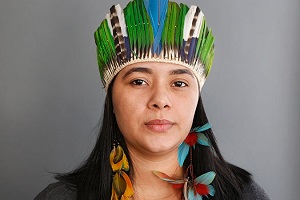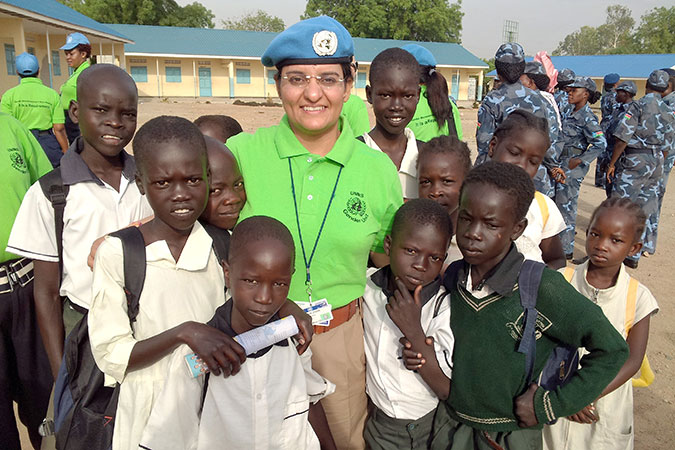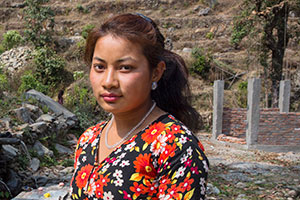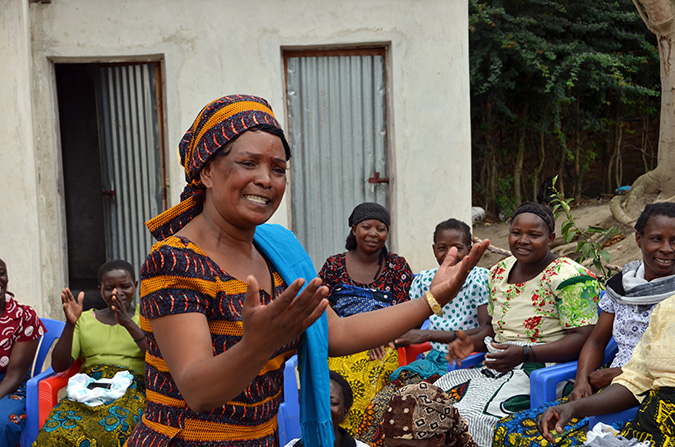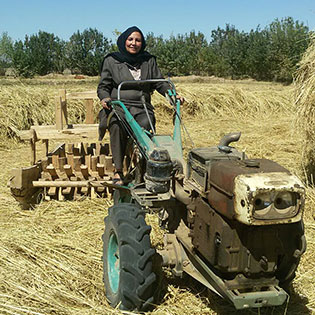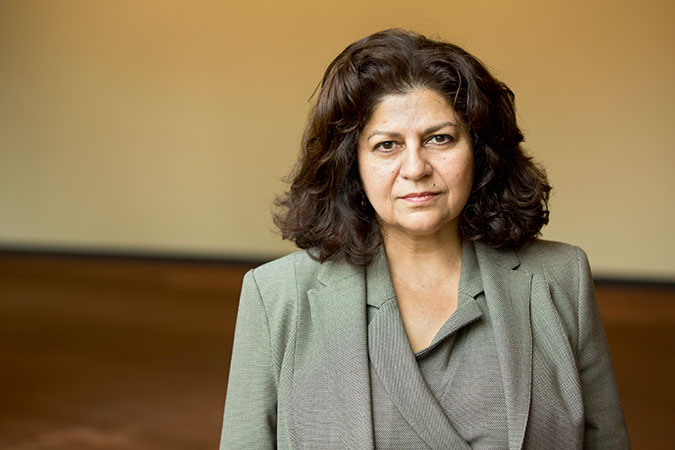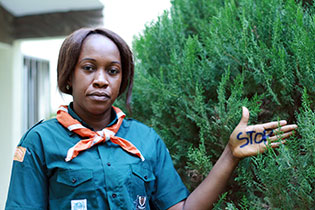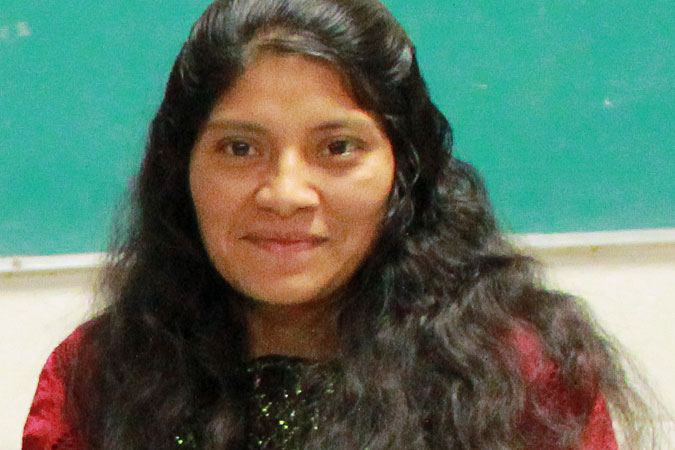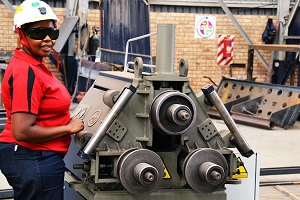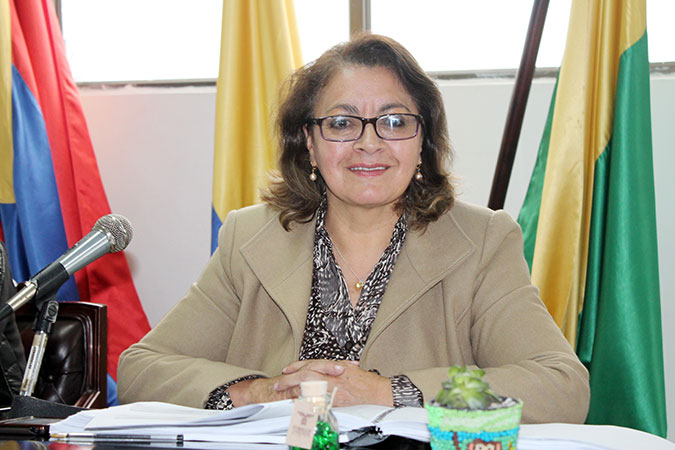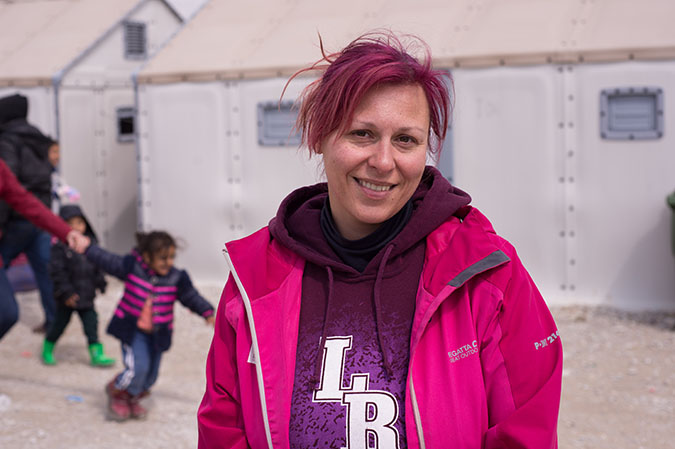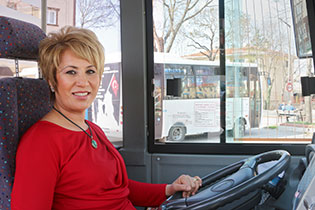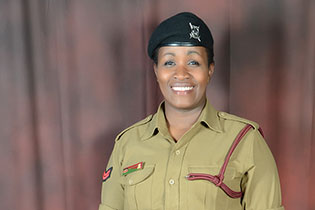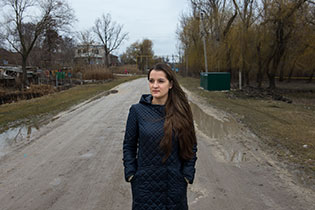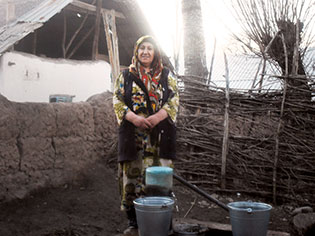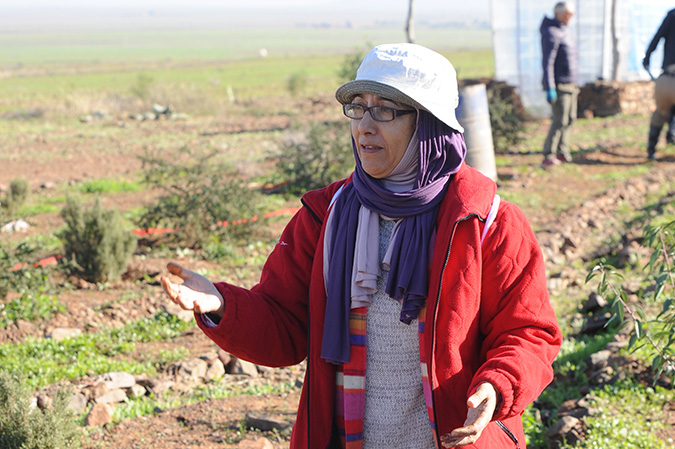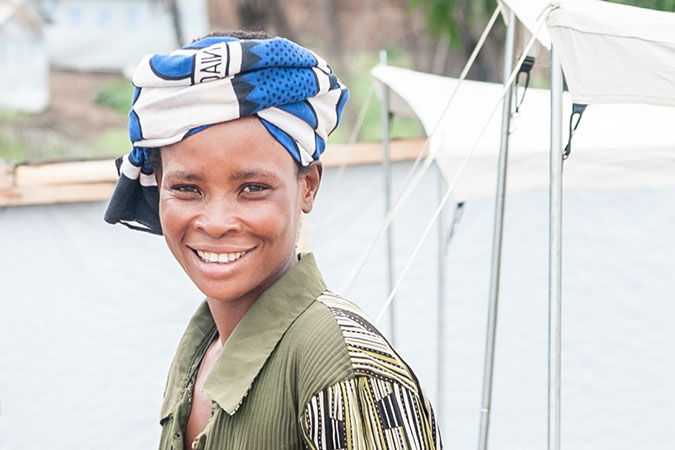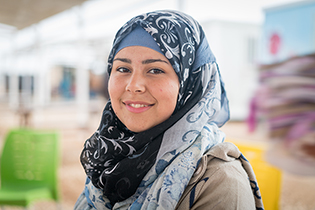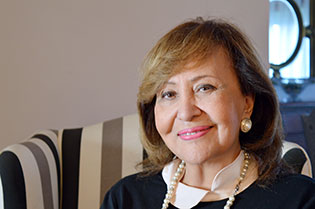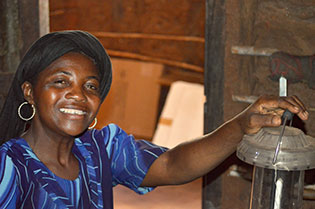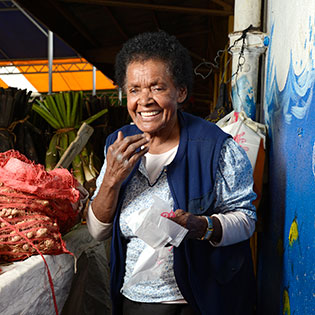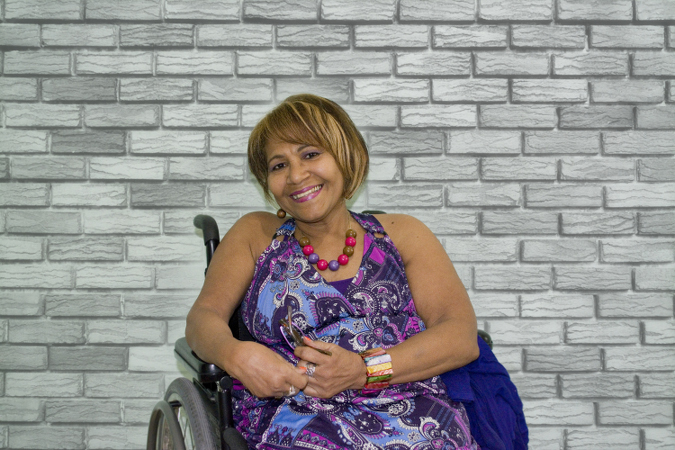From where I stand...
This new series captures the unique and powerful stories of people around the world, through compelling first-person accounts of their daily sustainable development challenges and how they are bringing about change.
Maria Judite da Silva Ballerio
"I have a niece who has had the Zika virus. She’s indigenous. Women in Brazil are in a state of panic...” ![]()
Maruti Joshi
“When I joined the Indian police force in 1997, I was the first and only female officer in a batch of 35 male officers...”![]()
Sita Shrestha
“For as long as I can remember, I have been walking miles every morning before school to fetch water for my family...” ![]()
Stella Cosmas Chetto
“At first, my husband was not very supportive because he said ‘politics is a big challenge, you will spend a lot of money and, as a woman you will not gain enough support because politics is for men.’ But I continued and he saw that I was gaining support, he changed his mind...”![]()
Atefe Mansoori
"Farmers didn’t think that I would be able to handle this business, because I am a woman and this is not a woman’s job...” ![]()
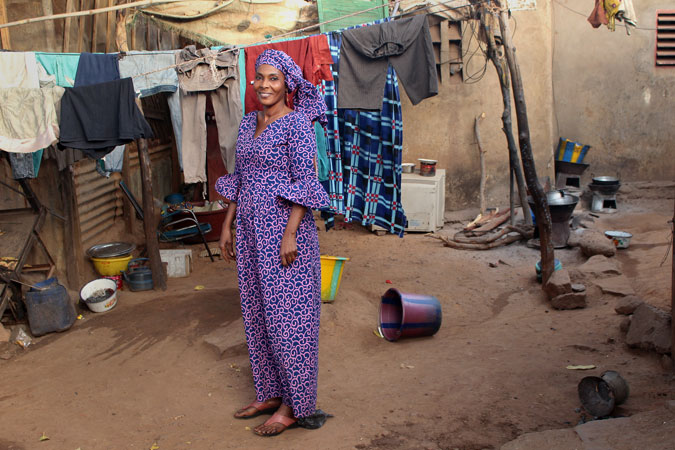
Assétou Touré
“I was 6 years old when I was cut.For me, the most traumatic experience was seeing what my older sister went through. She wasn't as lucky as me...”![]()
Yanar Mohammed
“The situation is very grim in Iraq. We run into many young women who have run away from their homes, who have been trapped by a trafficking group who have put them in brothels, who want to escape to have a better life, and they cannot go back home because they will be killed...” ![]()
Desirée Akpa Akpro Loyou
“I was abused twice. The first time was when I was in primary school and was 8 or 9 years old...” ![]()
Patricia Pérez Gómez
“From a young age, I have worked looking after children. Here, in Chiapas, migrant workers come from many states and countries....”![]()
Tebogo Mashego
“Most mining companies, government and big businesses do not procure from local women-owned businesses...”![]()
Lucía del Socorro Basante
“I was scared to become a candidate [in the Department of Nariño, Colombia], despite all my years of experience as a lawyer. Fear paralyses you. The fear that male councillors will raise their voices, the fear of not being capable, of being in men’s territory...”![]()
Sonja Dimitrijoska
“Although the job can be very stressful and intense, I love what I am doing. I started working as a humanitarian worker at the refugee transit centre in Tabanovce* [former Yugoslav Republic of Macedonia] in October 2015. Trains arrived every two to three hours and we had around 10,000 people arriving and leaving per day...” ![]()
Lucy Nduati
“Where I come from, police officers are some of the most highly respected people, and becoming one brought pride to my family. However, being a female police officer in Kenya can pose challenges...” ![]()
Laura Bosnea
"When I was 21, my husband 'stole'* me from my father. I was a student at the time. My father agreed, with one condition—if my husband would allow me to finish law school. But we ended up having two kids and I couldn’t complete my studies...” ![]()
Surayo Mirzoyeva
“Many people in our region have lived without clean drinking water for many years and had very little hope that things would ever change...” ![]()
Souhad Azennoud
“In our mountain village here in Kissane, in Morocco's Taounate Province, we can see the impact of climate change. People notice it and say, ‘Before, the wheat was higher and didn't need to be sprayed’...”![]()
Nahimana Fainesi
“This is my second time living in communal camps, second time running away from civil war to protect myself...” ![]()
Zaad Al-khair
“The day I fled to Jordan there was heavy shelling in my neighbourhood. There were bombings close to our house. It was very dangerous. We had no choice but to run away...” ![]()
Sahar el-Salab
“I always said I needed the day off because I was the one who is sick, not my son or daughter.For that was not acceptable...” ![]()
Eisha Mohammed
“I used to struggle to work in the fields but now I proceed to my office, the community solar workshop...” ![]()
Anisa Marama
“I have been selling at Suva Market for 60 years. I like it because it keeps me active; I’d rather be here than stuck at home and it’s better that I earn my own money than rely on my children...” ![]()
Cristina Francisco Reyes
“One of the main obstacles I’ve faced, is that women with disabilities are stigmatized and labelled as ‘ill’, as being incapable of developing leadership, incapable of having an impact and influence on social changes, equity, our equality and our political participation...” ![]()
